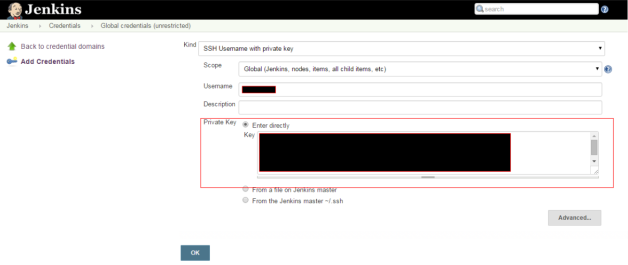Now enlightenment (E-17) become my favorite window manager because it looks elegant and have the most sane automatic tiling action that do not require you to remember lots of keyboard short-cut. However, I got tire on inputting passcode of ssh keys over and over again.
After some searching, articles like https://wiki.archlinux.org/index.php/Enlightenment#Gnome_Keyring_integration and http://kill-0.com/duplo/2010/01/27/e17-and-the-gnome-keyring-daemon/ suggest that following code block in ~/.profile do the trick:
if [ -n "$GNOME_KEYRING_PID" ]; then
eval $(gnome-keyring-daemon --start)
export SSH_AUTH_SOCK
export GNOME_KEYRING_CONTROL
export GPG_AGENT_INFO
fi
After apply it, it did work, typing
ssh-add -L
returns all my keys, but I cannot use any network that manual password typing, the network manager applet shows “User authentication is required”, but the god-damn password dialog just not showing. Other than actually switch network, there is a command, seahorse, can be used to spot this symptom. Just run
seahorse
enable View->By keyring, and look at upper left. If it does not have section “Password” or “Login”, then you are bitten by this bug.
Oh, I forgot to mention that I use lightdm as Display manager. In order to make the gnome-keyring work with it, /etc/pam.d/lightdm should look like:
auth [success=done ignore=ignore default=bad] pam_selinux_permit.so
...
auth optional pam_gnome_keyring.so
auth include postlogin
...
session optional pam_gnome_keyring.so auto_start
session include postlogin
And if you need autologin, you need to do something similar to /etc/pam.d/lightdm-autologin
After some digging with journalctl and systemd-loginctl, I found that .profile actually sourced twice, first is by /usr/bin/enlightenment_start (or lightdm), that one does not have ssh-agent associate with it, so calling gnome-keyring-daemon –start on that time let you neither be able to use network password dialog, nor the ssh keys are imported.
The second time is by /usr/bin/ssh-agent /bin/sh -c exec -l /bin/zsh -c “/usr/bin/enlightenment_start”, you can safely call gnome-keyring-daemon now, as ssh-agent is now on.
So my ~/.profile ends like
if [ -n "$DESKTOP_SESSION" ];then
# No point to start gnome-keyring-daemon if ssh-agent is not up
if [ -n "$SSH_AGENT_PID" ];then
eval $(gnome-keyring-daemon --start)
export SSH_AUTH_SOCK export GPG_AGENT_INFO
export GNOME_KEYRING_CONTROL
fi
fi
One more thing, if you are using bash and has ~/.bash-profile, better to put above in to ~/.bash-profile.
zsh is similar, use ~/.zprofile instead.
Now be enlighten by enlightenment.
